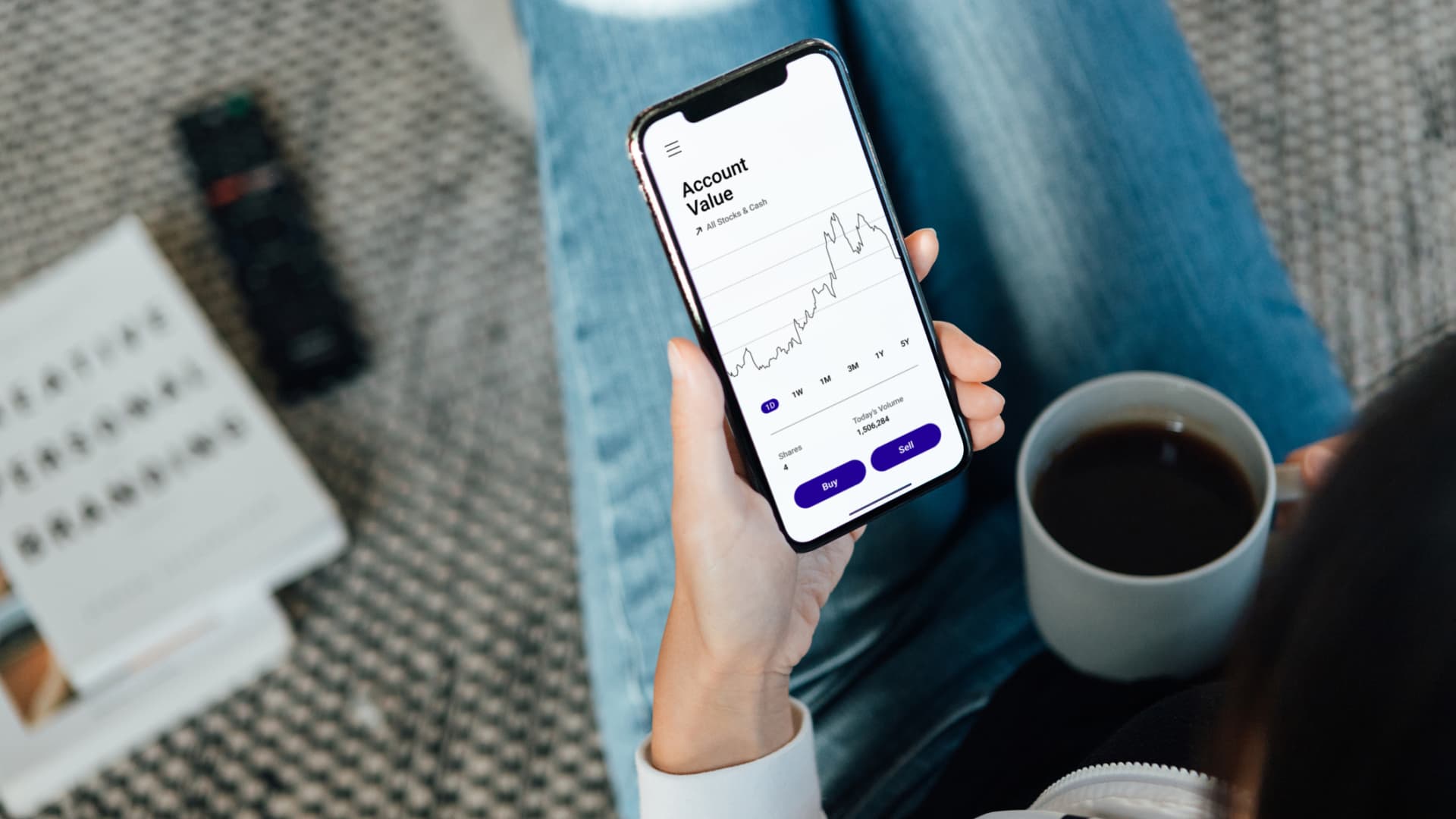You shouldn't look at your investment accounts every day—here's why
You're more likely to take unnecessary risks with your long-term investments if you check them too often, research shows.

This story is part of CNBC Make It's One-Minute Money Hacks series, which provides easy, straightforward tips and tricks to help you understand your finances and take control of your money.
It's important to stay on top of your finances. But when it comes to retirement savings, it's possible to check your investments too much.
In fact, many financial planners say you should only look at your investments every three months.
There's a psychological reason for that: Humans are vulnerable to a bias known as loss aversion, which is a natural tendency to avoid losses over earning gains. Behavioral scientists have found that the pain of a loss is more strongly felt than the pleasure of an equivalent gain.
Because of this bias, research has shown that investors are more likely to take risks when they check their stock performance every day, whether that's changing which stocks they invest in or withdrawing their funds altogether.
But these moves can be unnecessary, and even harmful, when it comes to long-term investments that are meant to span decades.
That's because an investor is more likely to realize higher returns when their investment is held longer. This is otherwise known as passive investing, or a "buy and hold" strategy. Of course, you might rebalance your portfolio from time to time, but the basic idea is to commit to a long-term strategy that minimizes your exposure to short-term volatility.
That means that day-to-day stock market volatility won't matter as much as you might think, since you're essentially betting on long-term market growth.
In 2020, the S&P 500 lost about 34% between Feb. 19 and March 23, but quickly gained all that back and continued to grow, for example. If you had overreacted and withdrawn your holdings when the market crashed, you could have missed out on the recovery and subsequent gains.
This is why advocates of passive investment strategies suggest that you track your investments every few months, not every few days. In doing so, you will avoid the temptation to make knee-jerk decisions based on short-term stock market performance.
Sign up now: Get smarter about your money and career with our weekly newsletter
Don't miss: A subscription audit can save you hundreds of dollars—here’s how to do it

 Tfoso
Tfoso 
































